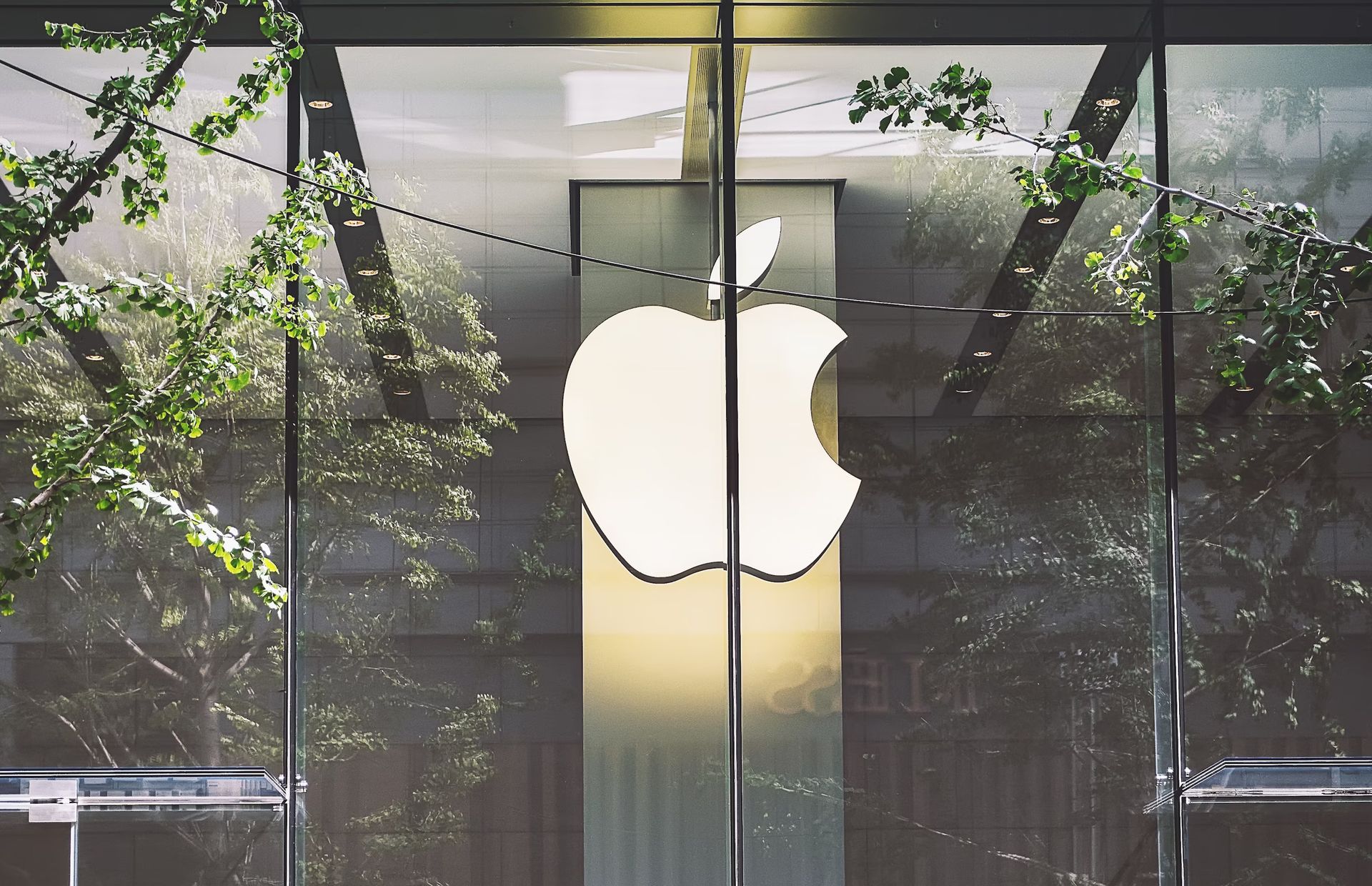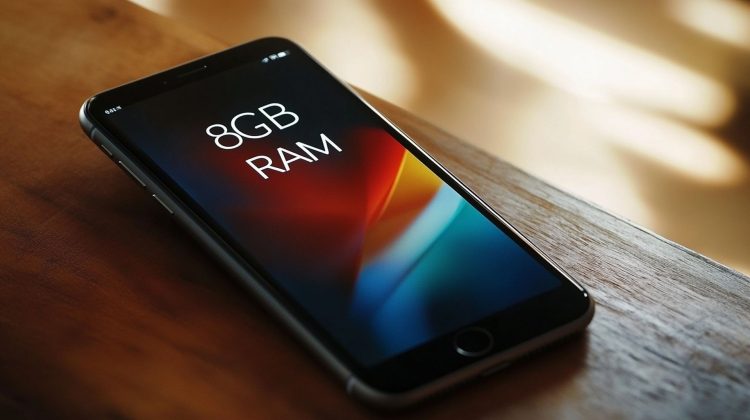Apple’s recent decision to pack 8GB of RAM into the entire iPhone 16 lineup, from the base model to the Pro Max, isn’t just about raw power.
In a fascinating interview with Geekerwan, spotted by 9to5Mac, Apple VP of hardware tech Johny Srouji shed light on this decision, pointing to a clear link between increased RAM and the demands of advanced AI features.
Srouji emphasized that “DRAM is one aspect” of hardware optimization for Apple Intelligence, explaining how the company’s cutting-edge AI led them to settle on 8GB as the sweet spot. He went on to note that this upgrade would significantly enhance experiences like high-end gaming on iPhones.
What caught our eye here is Apple’s deliberate journey toward prioritizing the necessary hardware for its AI systems, setting the iPhone 16 apart from its predecessors in terms of future-proofing for intensive tasks.
While Apple previously kept details of the RAM boost under wraps, it’s now clear that this decision was central to enabling Apple Intelligence in iOS 18. Interestingly, iPhone 15 users will miss out on this feature due to their 6GB RAM limit, with only the iPhone 16 and the iPhone 15 Pro being able to handle the new AI demands.
How about Apple’s long-term vision for its hardware lineup? Clearly, the company is drawing a line between devices optimized for today’s applications and those prepared for tomorrow’s AI-driven capabilities.
The interview also dives into other key aspects, such as the A18 chips powering the new iPhones, Apple’s approach to thermal design, and the enhanced video and image processing capabilities of the iPhone 16 Pro models. Apple’s focus on hardware evolution is about keeping up with trends maybe, but don’t miss the focus about driving innovation where it matters most: in preparing devices for the AI future.

Can it pull the load?
Back to our original question: Will 8GB RAM cover iPhone 16 Pro Max’s needs?
Sometimes, the number of GBs is just a number. We’ve seen countless examples of smartphones boasting massive hardware specs—16GB of RAM, flashy processors, and more—yet falling flat because of poor optimization. Just having more RAM doesn’t guarantee a smoother, faster experience, especially if the underlying software isn’t built to take full advantage of it.
Look at some Android phones that pack 12GB or even 16GB of RAM, yet they can still stutter during everyday tasks, lag in performance, or suffer from battery drain. Why? Because without tight hardware-software integration, all that extra memory can go to waste.
On paper, 8GB might seem adequate, especially since Apple is known for its exceptional optimization of hardware and software. But the reality is more complex.
Today, 8GB of RAM seems more than sufficient for handling Apple’s latest innovations, especially with Apple Intelligence and the A18 chip working in tandem to optimize resource allocation. In the short term, Apple’s hardware-software synergy will likely keep things running smoothly, allowing the 8GB to support high-end gaming, multitasking, and AI-based tasks like photo and video processing.
Yet, as AI capabilities expand, pushing more real-time tasks and data-heavy processes onto devices, the strain on RAM will inevitably increase.
Looking forward, it’s not hard to imagine a scenario where 8GB begins to feel restrictive. The iPhone 16 Pro Max might struggle with the demands of AI-driven apps that require continuous learning, real-time adjustments, and higher-quality media production. And while iOS’s efficiency will stretch the limits of the 8GB, there may come a point when more intensive, next-gen applications start nudging against those limits, forcing compromises in performance.
Featured image credit: Kerem Gülen/Midjourney





